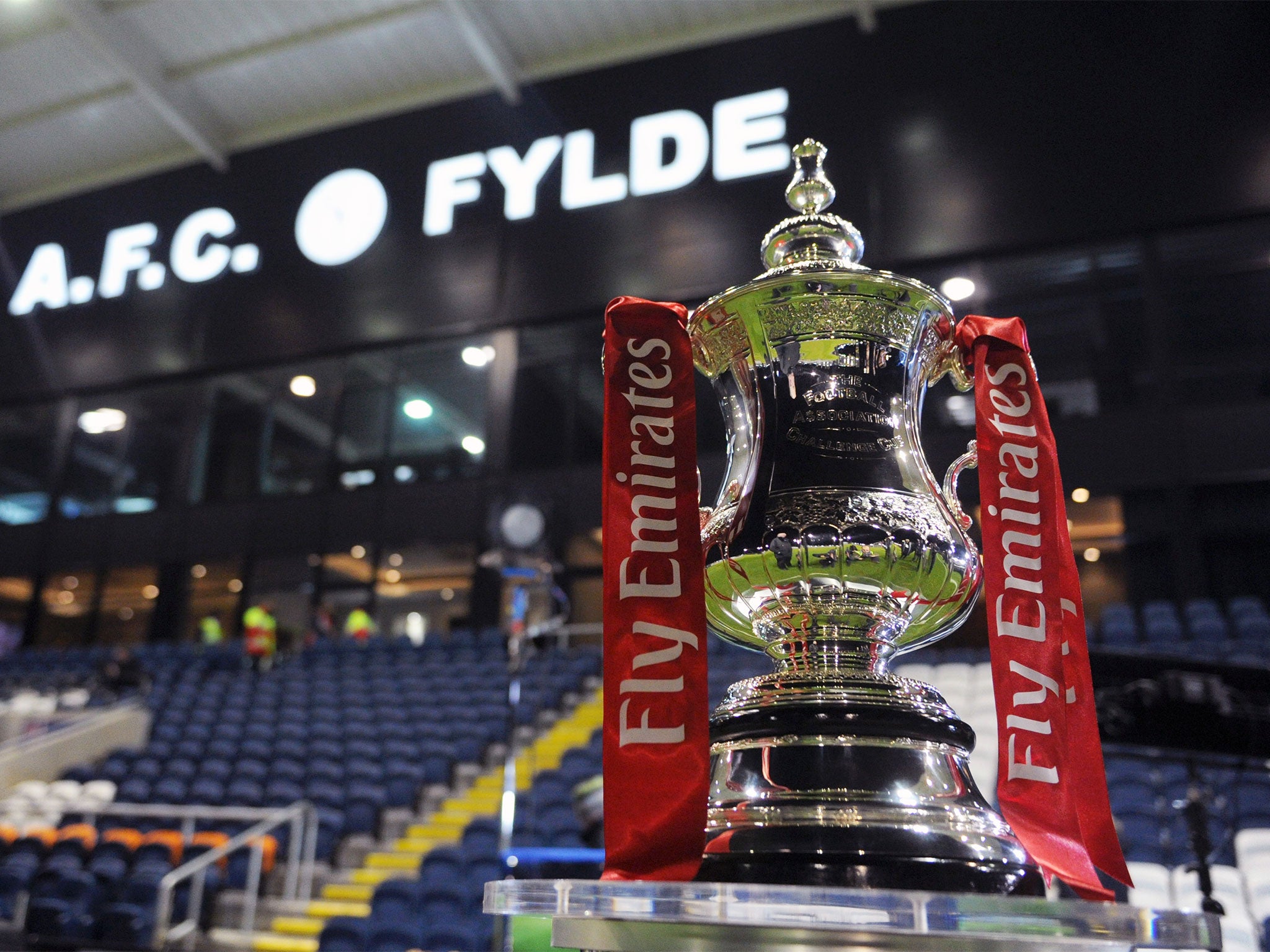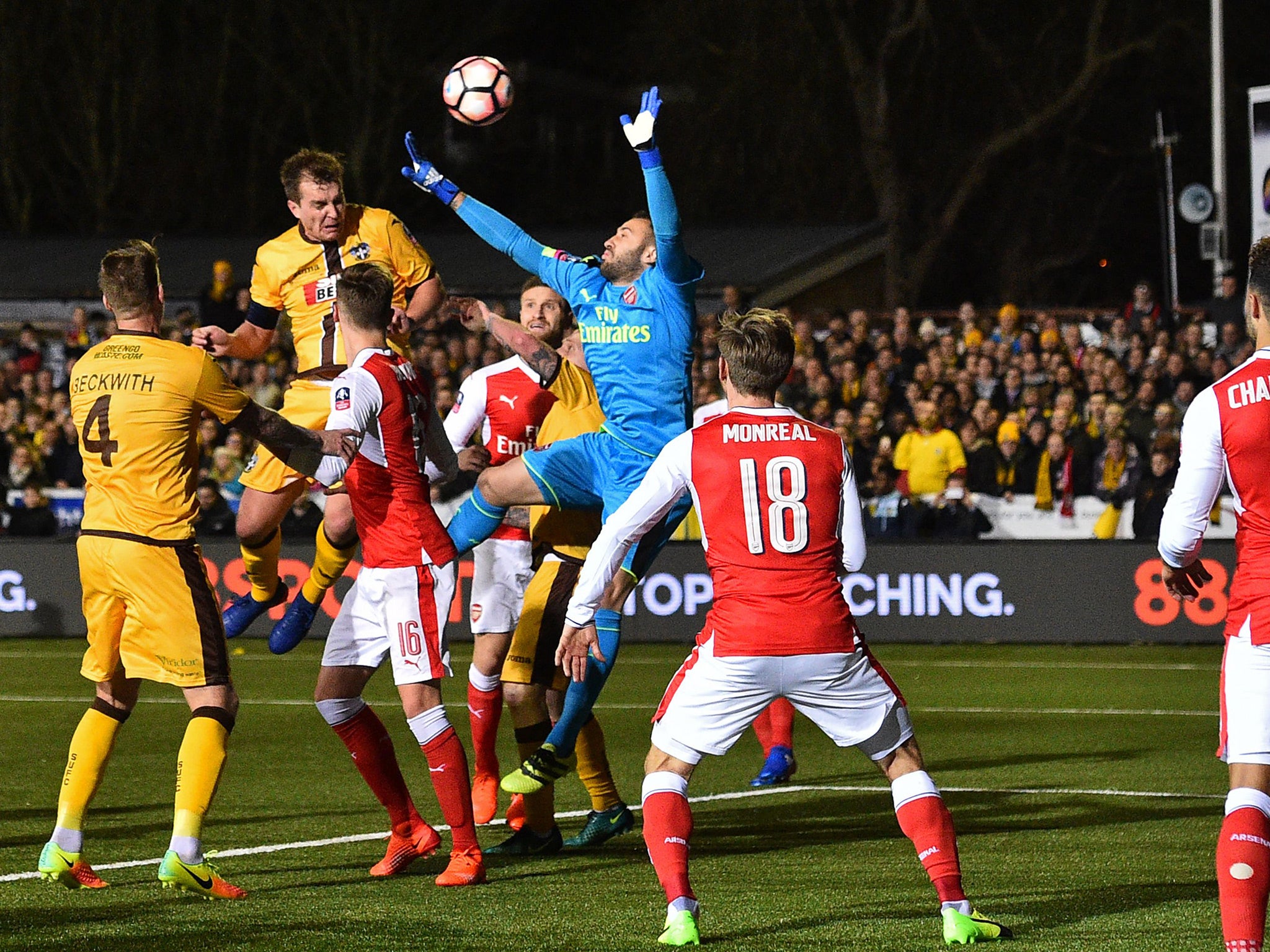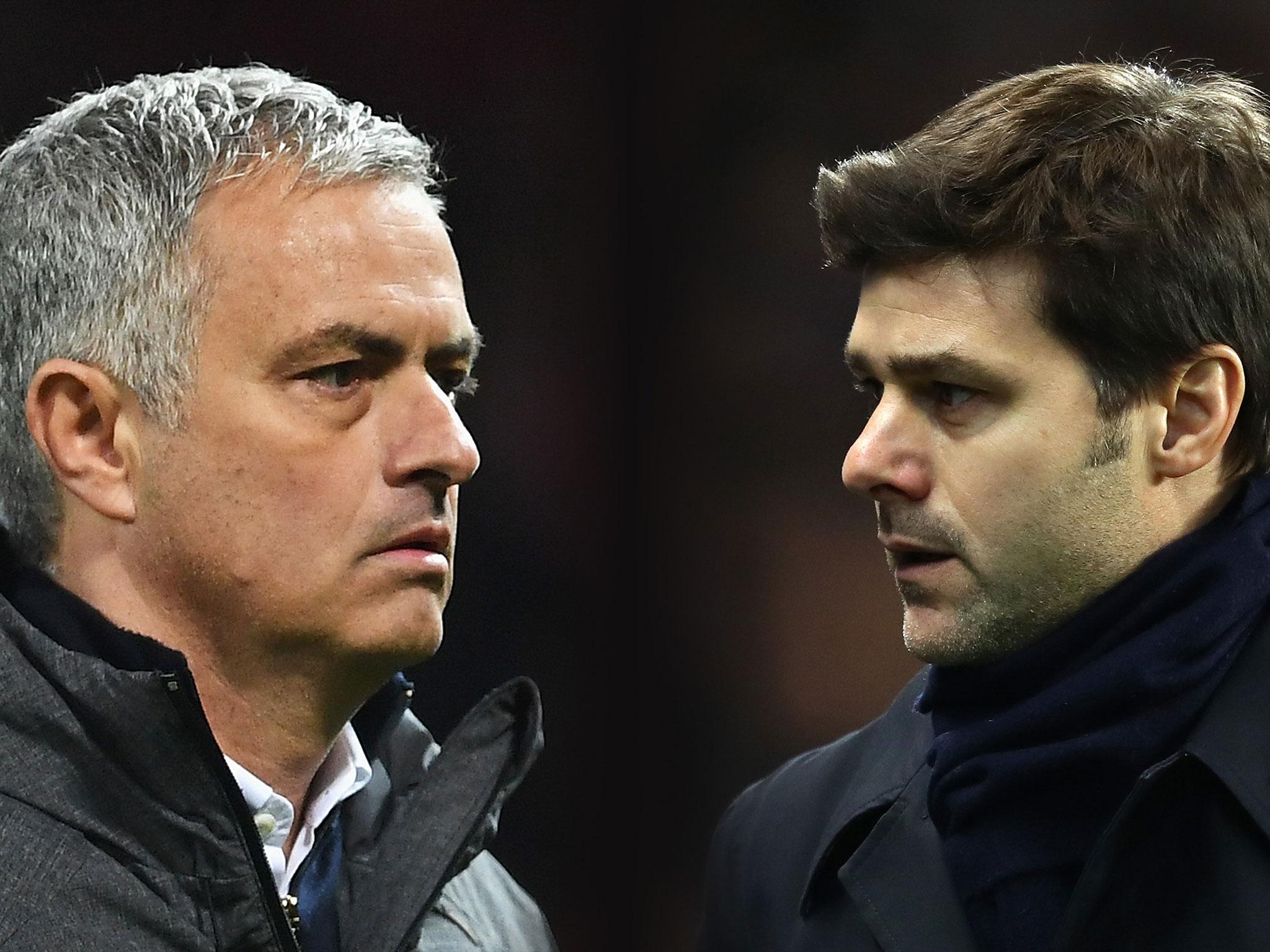The FA Cup has been cannibalised by the Premier League, but that does not necessarily mean it is unimportant
It is a competition like no other, and despite an undeniable decline in its relevance there is still something to the FA Cup

Your support helps us to tell the story
From reproductive rights to climate change to Big Tech, The Independent is on the ground when the story is developing. Whether it's investigating the financials of Elon Musk's pro-Trump PAC or producing our latest documentary, 'The A Word', which shines a light on the American women fighting for reproductive rights, we know how important it is to parse out the facts from the messaging.
At such a critical moment in US history, we need reporters on the ground. Your donation allows us to keep sending journalists to speak to both sides of the story.
The Independent is trusted by Americans across the entire political spectrum. And unlike many other quality news outlets, we choose not to lock Americans out of our reporting and analysis with paywalls. We believe quality journalism should be available to everyone, paid for by those who can afford it.
Your support makes all the difference.For all the depressing debate around the FA Cup, all the tedious arguments surrounding its modern relevance, there is one everlasting element - one beautiful idea - of the third round weekend that keeps its wonder.
It remains the game’s great leveller. It is its open day, the weekend when all levels of senior English football come together, those meetings fired by the gloriously enticing prospect that anything can happen. The imagination is meanwhile fired by the shared knowledge of so much that has actually happened, the memories of so many momentous occasions and upsets.
That rarely feels as enticing as when a properly big Premier League club have to go to a non-league ground… but it is something that is conspicuously missing from this weekend.
That actually touches on something else about the third round weekend, or rather why the FA Cup has felt like it has lost some of its spark. With an audience already so fixated on the Premier League, and not just happy for any live football like so much of the competition’s past, it needs fixtures that work on that imagination.

This weekend doesn’t actually have any non-league sides at all, but there are at least three matches between teams from the top tier of the football league and the bottom: Exeter v West Brom, Newcastle United v Luton Town and - perhaps most interestingly, given their Premier League history and their painful present - Coventry City v Stoke City. There is also Jamie Vardy’s return to League One Fleetwood Town with Leicester City, with both having gone on to better things, and - most romantically - AFC Wimbledon going back to Wembley 30 years after that FA Cup win to take on Tottenham Hotspur.
None of those quite have the novelty of Hereford United 1972 or even Wrexham-Arsenal 1992, but there is the chance for a Leyton Orient-Chelsea 1972, and try telling any of this to the players from Exeter or Luton.
They will be pumped. Everton-Liverpool and Brighton and Hove Albion-Crystal Palace should be similarly fired up given they are playing knock-out derbies, but then this is one more negative of the modern competition. It is highly likely that any high tension from such fixtures will just be released when the starting line-ups are relayed.
This isn’t to entirely blame the clubs or managers, since they are just coming off the back of a much-discussed and ferociously bust festive period, but it’s inherently true that any diluted XI will also just dilute the competition. It just takes away some of the sense of the event, sets the subconscious thought that this is just isn’t as important.
The FA Cup is just one more competition cannibalised by the Premier League in this way.
And yet there is an irony to that, albeit an inevitable one.
For all that the FA Cup matters less to the big clubs, their sheer size has meant they have dominated. Eight of the last nine finals have been won by four of the last five Premier League-winning clubs: Arsenal, Manchester United, Chelsea, Manchester City.

In fact, the trophy has been lifted by one of the modern big six in all but three seasons out of the last 30 since that Wimbledon win in 1988. Tottenham Hotspur have one from 1991, City one from 2011, Liverpool have four, Manchester United and Chelsea six, and holders Arsenal eight.
And yet that should add just another angle for this season: who would actually benefit most from winning the competition? Who most needs a trophy?
The focus on such questions will immediately go to Jurgen Klopp and Mauricio Pochettino, who could really do with silverware to tangibly signpost their work. Antonio Conte could meanwhile do with winning the first knock-out competitions of his career, while there are other managers - like Pochettino, too - that could probably do with just winning their first trophy. Then there are those clubs like Everton and Newcastle on long droughts.
A further issue with the FA Cup is that, just like the League Cup, clubs don’t really take this prospect seriously unless they make proper progress.
The hope, however, is that it could just lead to a few sparks this weekend. It is a time more than any other in football, after all, when anything feels possible.
Join our commenting forum
Join thought-provoking conversations, follow other Independent readers and see their replies
Comments